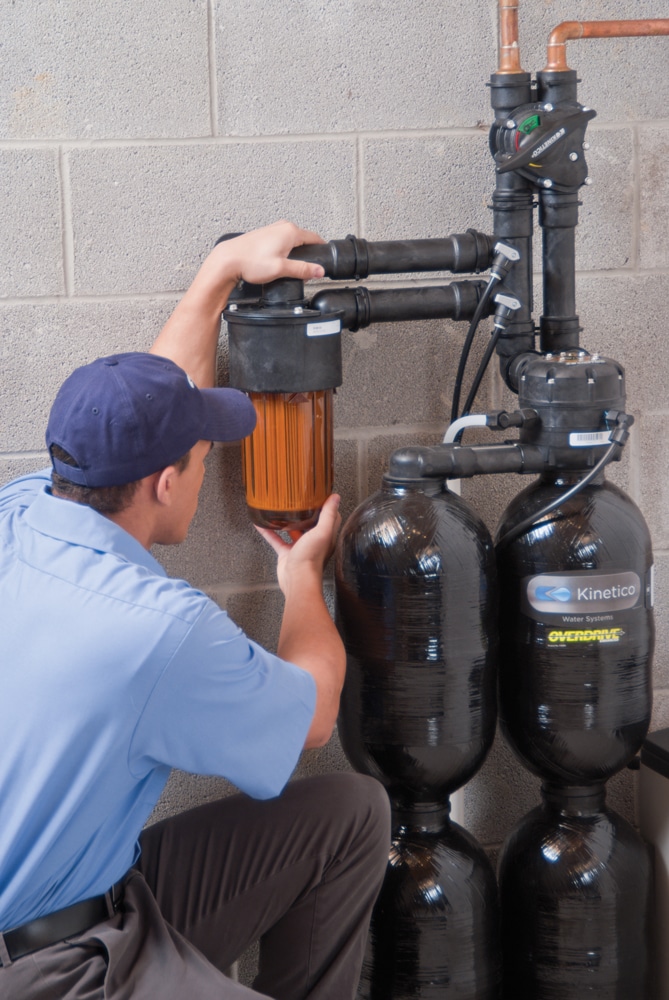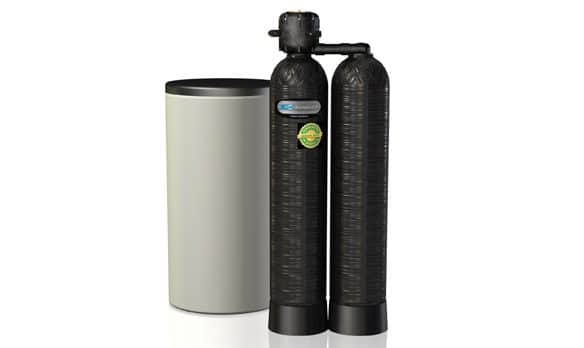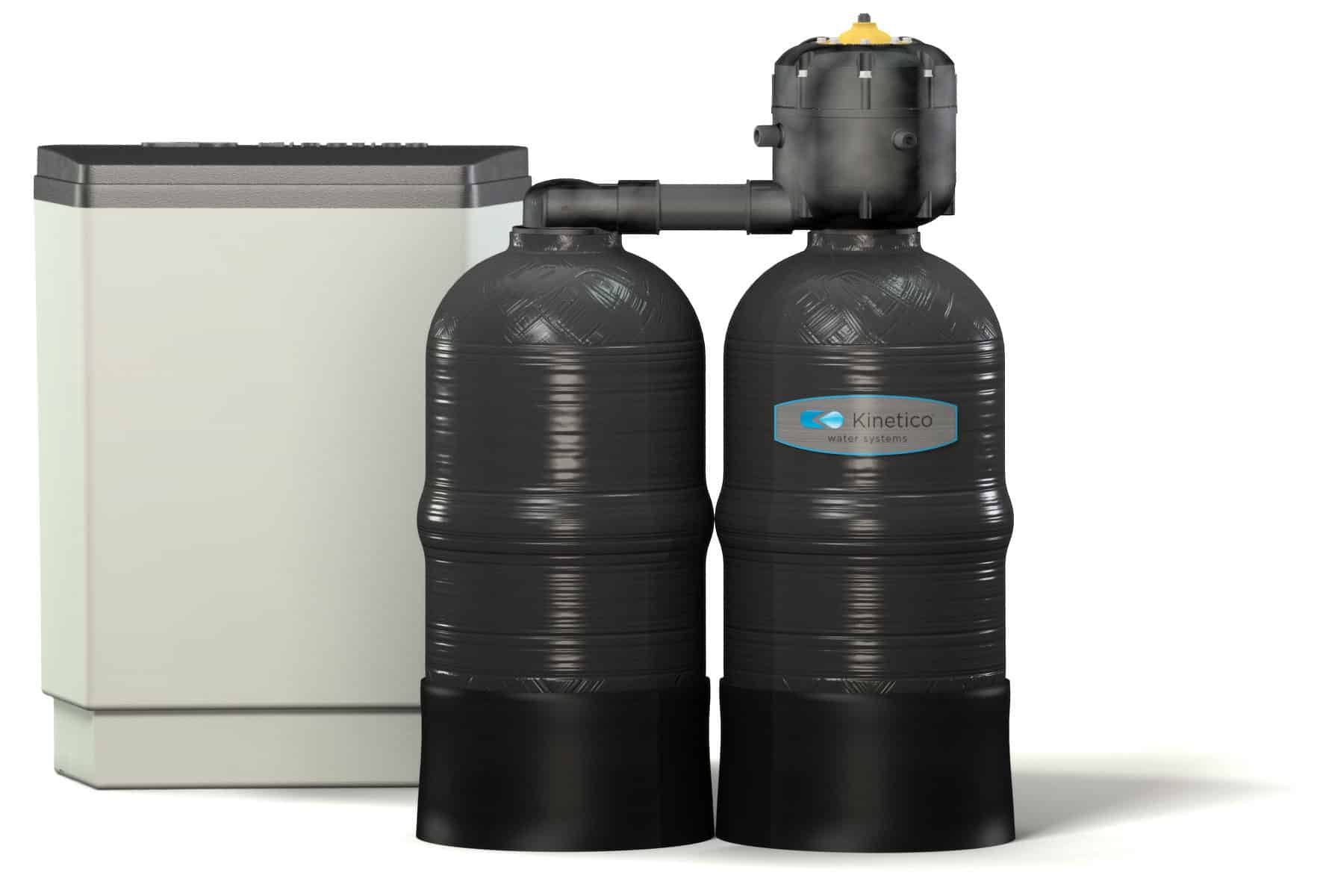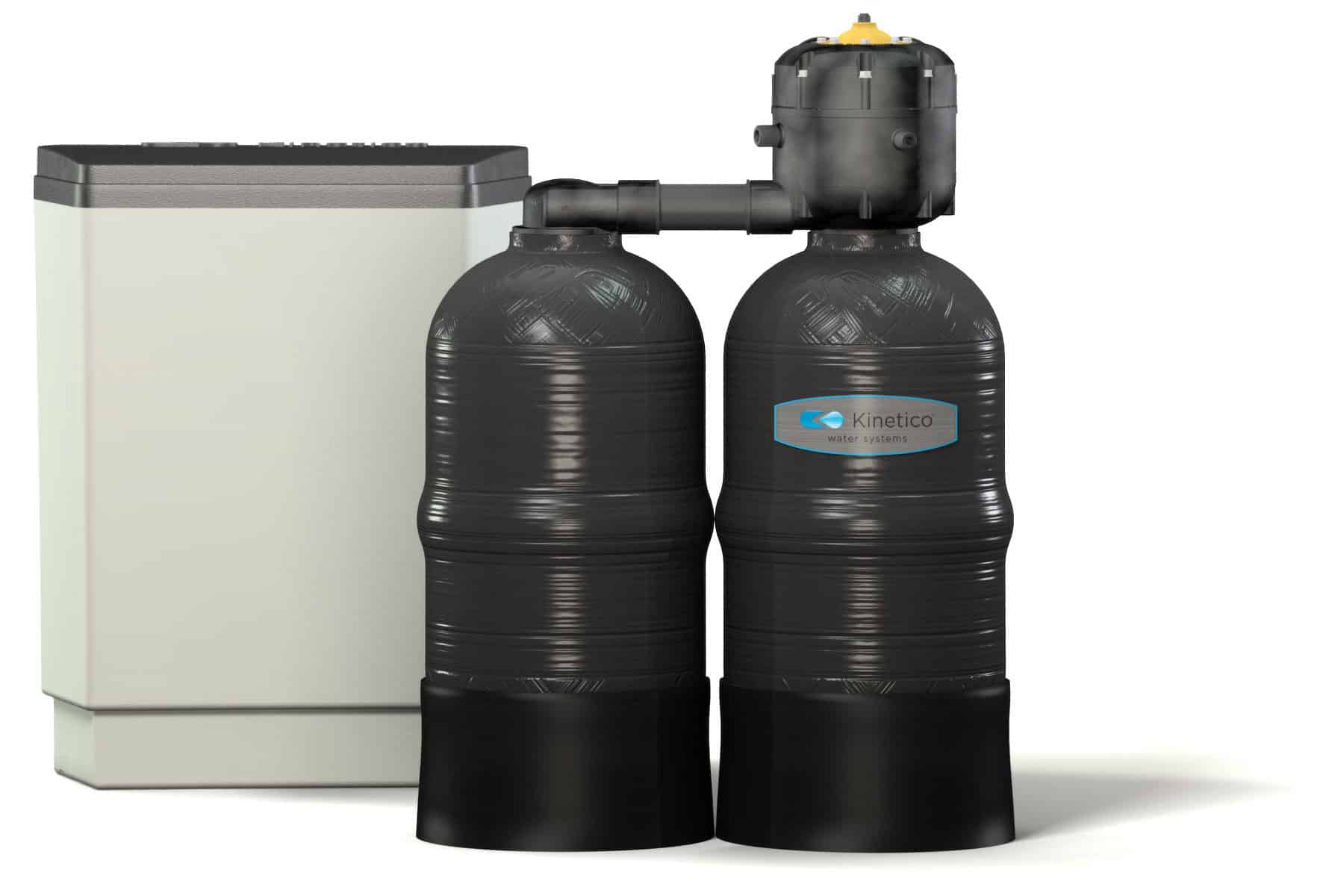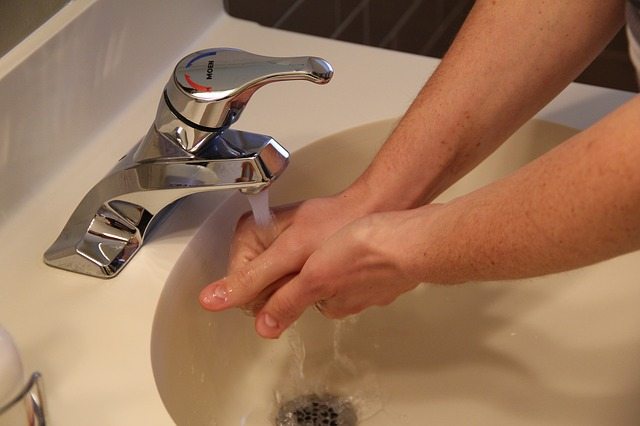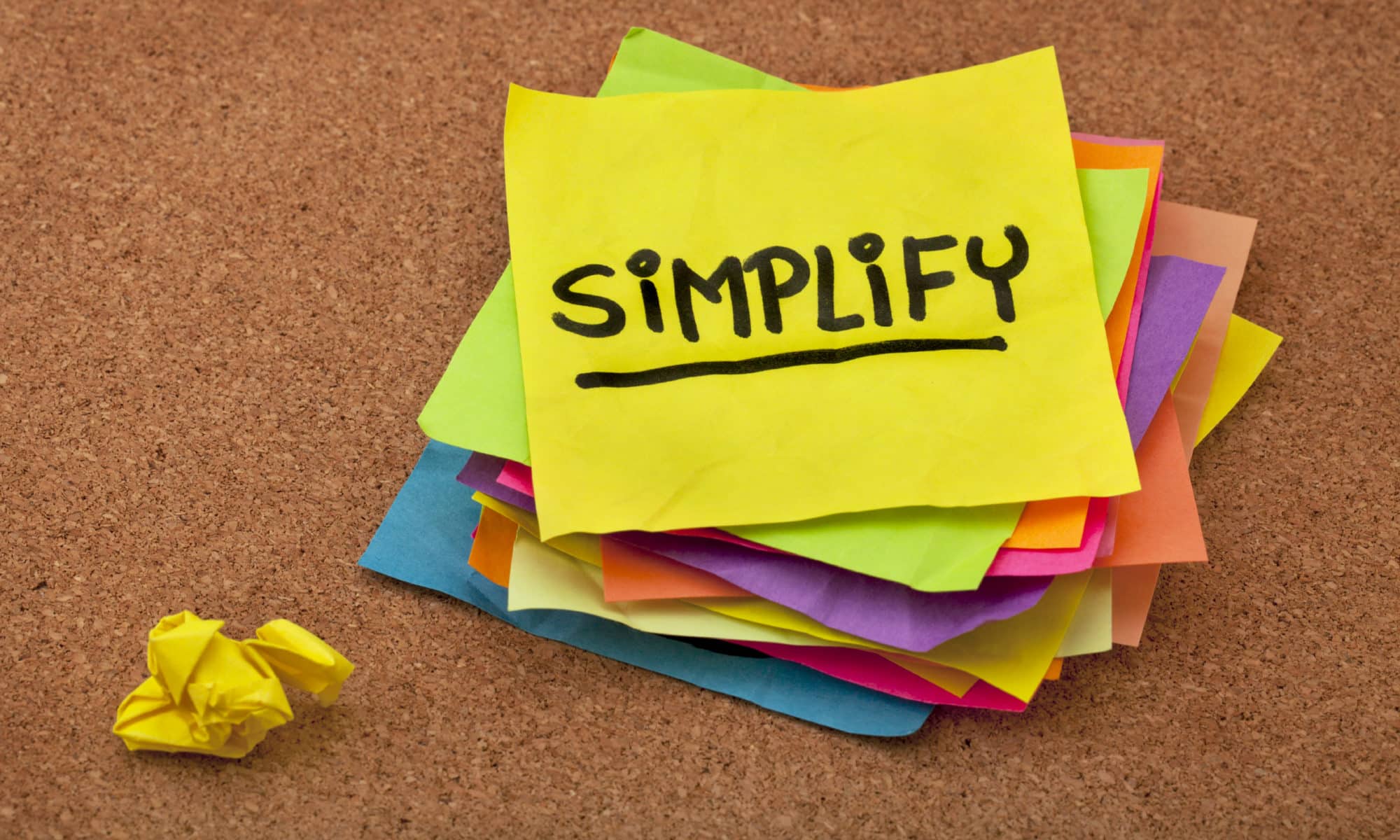Have you ever wondered about the science behind a water softener? At Kinetico of Utah we are education advocates and love to have fun while learning! Here is a great way for you and your family to get an inside peek at some of the science behind soft water. The first thing that you will need to have is our Kinetico Utah Water Softener Words and Definitions list.
Water Softener Words and Definitions List
Soft water – water that is free from hard minerals like magnesium and calcium.
Hard water – water that contains magnesium, calcium.
Calcium – a silver-white metal found in limestone and chalk.
Epsom salt – a type of Magnesium.
Ion Exchange-the process of reciprocal transfer of ions between a solution and a resin.
Magnesium– a light silver-white metal used in lightweight alloys, flares, and fireworks.
Salt – a crytalline compound called sodium chloride. An element that gives liveliness and is also a preservative.
Soap – a substance usually made by treating a fat with alkali, as sodium or potassium hydroxide.
Distilled water – water from which impurities have been removed such as; dissolved salts and colloidal particles; chemically pure water.
Now that you have read and understand each of the above water softener words we will get started! We are going to start with an easy science project that we found on scifun.org that you can do at home with your family. Get ready to experience some of the science behind Hard water vs. Soft Water.
You will need:
Distilled water (2 cups)
Epsom salts (1 Tsp)
2-liter plastic soda pop containers, with screw caps. (2 containers)
Liquid dish soap (do not use soap intended for dishwashers) (several drops)
Instructions:
1. Empty and clean the 2-liter plastic containers (on 1 bottle use a sharpie and write Hard and on the other container mark it Soft)
2. Pour (1 cup) of distilled water into each of the empty soda-pop containers.
3. Add (1 teaspoon) of Epsom salts only to the bottle marked Hard.
4. Swirl the bottle until the Epsom salts dissolve.
5. Add several drops of liquid dish soap to both bottles.
6. Seal the bottles with their caps.
7. Shake both bottles.
After following the instructions you will see two different results!
The bottle marked Hard represents hard water. In this experiment, you created hard water by adding a small amount of Epsom salt to distilled water. Hard water is found in your home before it is treated with a water softening system. Calcium and magnesium in water interfere with the cleaning action of soap and detergent by creating a barrier (soap scum). If you have hard water in your home you will use about 50-80% more soaps and detergents to get things clean! Hard water has a hard time creating bubbles, and that means your laundry doesn’t get as clean and you will be taking more expensive bubble baths!
Look at the container marked Soft. This bottle represents Soft water and will have more bubbles! Soft water does not contain hard minerals, allowing the water to work with the soap which increases the cleaning capacity of detergents and creates more bubbles! Home water softening systems help protect plumbing and appliances by decreasing the buildup of lime scale deposits. Laundry cleaned with soft water is softer and cleaner. Bubble baths get bigger and better. A Kinetico Quality Home Water Softener saves you more time and money, time and money that you can spend on the people you love most!
Thank you for your participation! If you enjoyed this post please like us on our Facebook page and follow us on Twitter!
The first thing that you will need to have is our Kinetico Utah Water Softener Words and Definitions list.
Water Softener Words and Definitions List
Soft water – water that is free from hard minerals like magnesium and calcium.
Hard water – water that contains magnesium, calcium.
Calcium – a silver-white metal found in limestone and chalk.
Epsom salt – a type of Magnesium.
Ion Exchange-the process of reciprocal transfer of ions between a solution and a resin.
Magnesium– a light silver-white metal used in lightweight alloys, flares, and fireworks.
Salt – a crytalline compound called sodium chloride. An element that gives liveliness and is also a preservative.
Soap – a substance usually made by treating a fat with alkali, as sodium or potassium hydroxide.
Distilled water – water from which impurities have been removed such as; dissolved salts and colloidal particles; chemically pure water.
Now that you have read and understand each of the above water softener words we will get started! We are going to start with an easy science project that we found on scifun.org that you can do at home with your family. Get ready to experience some of the science behind Hard water vs. Soft Water.
You will need:
Distilled water (2 cups)
Epsom salts (1 Tsp)
2-liter plastic soda pop containers, with screw caps. (2 containers)
Liquid dish soap (do not use soap intended for dishwashers) (several drops)
Instructions:
1. Empty and clean the 2-liter plastic containers (on 1 bottle use a sharpie and write Hard and on the other container mark it Soft)
2. Pour (1 cup) of distilled water into each of the empty soda-pop containers.
3. Add (1 teaspoon) of Epsom salts only to the bottle marked Hard.
4. Swirl the bottle until the Epsom salts dissolve.
5. Add several drops of liquid dish soap to both bottles.
6. Seal the bottles with their caps.
7. Shake both bottles.
After following the instructions you will see two different results!
The bottle marked Hard represents hard water. In this experiment, you created hard water by adding a small amount of Epsom salt to distilled water. Hard water is found in your home before it is treated with a water softening system. Calcium and magnesium in water interfere with the cleaning action of soap and detergent by creating a barrier (soap scum). If you have hard water in your home you will use about 50-80% more soaps and detergents to get things clean! Hard water has a hard time creating bubbles, and that means your laundry doesn’t get as clean and you will be taking more expensive bubble baths!
Look at the container marked Soft. This bottle represents Soft water and will have more bubbles! Soft water does not contain hard minerals, allowing the water to work with the soap which increases the cleaning capacity of detergents and creates more bubbles! Home water softening systems help protect plumbing and appliances by decreasing the buildup of lime scale deposits. Laundry cleaned with soft water is softer and cleaner. Bubble baths get bigger and better. A Kinetico Quality Home Water Softener saves you more time and money, time and money that you can spend on the people you love most!
Thank you for your participation! If you enjoyed this post please like us on our Kinectico Utah Facebook page and follow Kinetico Utah on Twitter!




